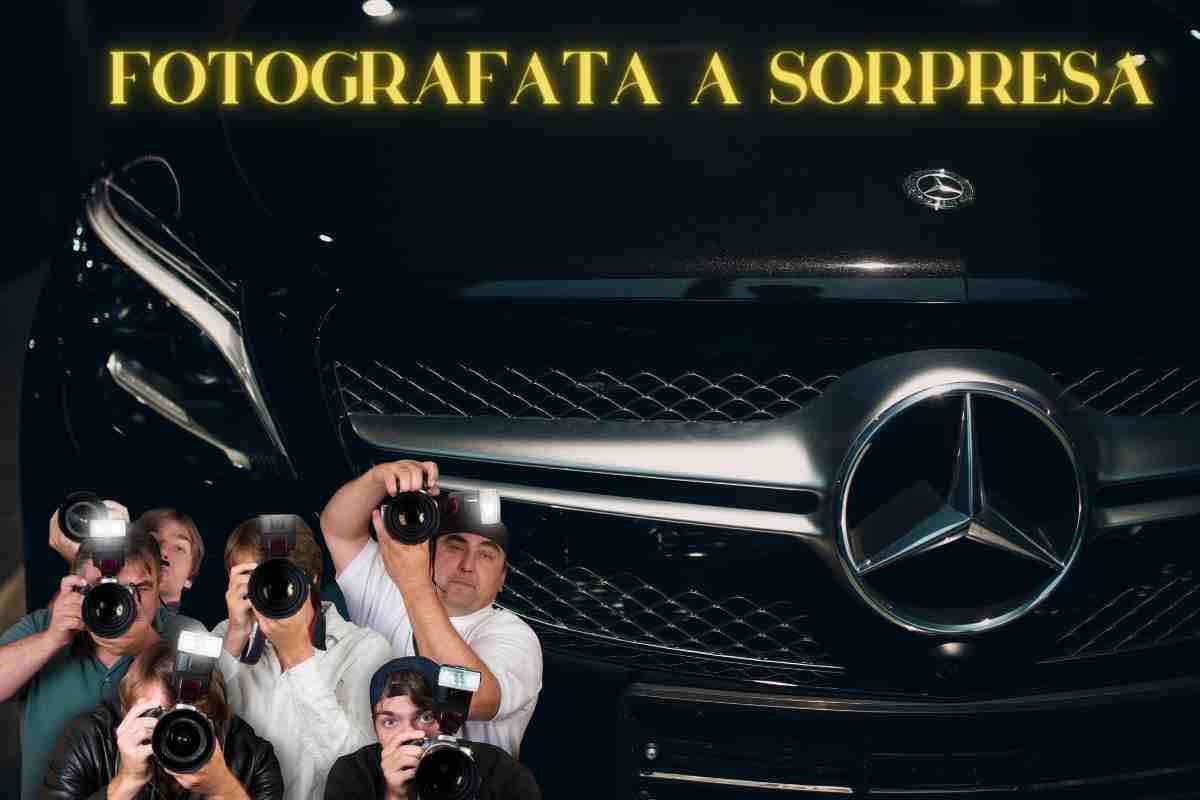Russian writers often show a very characteristic sadness. It seems to us that this is what the famous “Russian soul” consists of, but I am not completely convinced. It doesn't take anything like a soul to show gloom. You just have to live under perpetual tyranny in a vast region with an unforgiving climate. What individual or what society does not tend toward depression under these circumstances?
Kilometer 101Maxim Osipov explains all this well. Starting with the city where Osipov himself, a cardiologist, lives. We are talking about Tarusa, a former holiday town that flourished thanks to its location exactly 101 kilometers from Moscow. After serving their sentences, political prisoners were prohibited from living within 101 kilometers of the capital or any other major city. Therefore, Tarosa was an ideal place to settle after going through the labor camps.
Osipov, a sharp and sharp writer, explains Russian reality through his experiences in the hospital. Tarusa is not bleak: Mother Russia contains much worse places. However, there is a shortage of equipment, there is a shortage of medicines, and even a lack of enthusiasm on the part of the patients, who have resigned themselves to a relatively short, alcohol-filled life.
Nostalgia for the Soviet Union? So much not because the characters who appear in the various stories are communists, but because under a totalitarian regime, it makes sense to favor the former, the one that inspired fear and respect in the rest of the world. “That was power!” says a young journalist.
Vladimir Putin, whom Osipov never mentions by name (he claims no one does, just in case), also inspires awe, but not respect. “A gray security agent called The Moth watched the European world through West German television, perhaps dreaming of becoming part of it one day and living, say, in Stuttgart.” This is what Osipov says about the Russian president.
A certain imperial spirit still exists in a large portion of the Russian population whose roots go back to Soviet times and extend through the long tsarist history.
There are indirect evocations of the time of Boris Yeltsin and the 1990s, when the country was plundered with Western complicity in the name of democracy and freedom. The Russians heard about the Holy Market while they were starving. It didn't take them long to discover that the free market in Russia meant theft. Under Putin, theft has continued, but at least the famine has ended.
One character complains that Russians have a bad reputation abroad because they “broke their faces” to help other countries. You should ask the residents of these countries. In any case, a certain imperial spirit still exists among a large section of the Russian people, whose roots go back to the Soviet era and extend through the long tsarist history.
This nostalgia for empire forms a complex Kilometer 101: When Putin invades Ukraine (Russians have been among the pro-Russian Donetsk region rallies and patriotic speeches about Ukrainian Nazism for years) a great rift occurs in society. There are those who support the invasion and those who reject it. There are those who, under the circumstances, would prefer not to know. A woman calls her mother in Moscow from Kiev: “Mom, Russia is bombing us.” “This is not true, my daughter. The television said that civilians are respected.”
Osipov, like many other Russian writers, chose to escape. At the beginning of the war, he traveled to Armenia and from there to Germany, where he now lives.
When he talks about Tarusa, Osipov gives a brief idea of the mechanisms that enable the operation of this Russian microcosm: “Joyful participation in mass fraud strengthens the unity of the nation no less than good laws.”
Social cohesion as a conspiracy to complicity in crime, or at least in lying: not a bad idea. Perhaps, with the necessary modifications, this will not be a phenomenon limited to Russia. It occurs to me that this system of complicity in fraud could be used to explain fundamental aspects of Spanish politics. And why not, from the Spanish community. And Catalan. In some way, we all know that we participate in a series of lies, either as senders or as receivers. I think you have to somehow combat boredom and despair, which, according to Schopenhauer, are the essence of human experience.
Obvious attacks can be devastating. That's why we chose to be complicit in the scam. In any risky situation, faced with the evidence of reality, we do like the Russian mother: “It's not true, the TV said it's not true.”

“Freelance social media evangelist. Organizer. Certified student. Music maven.”









